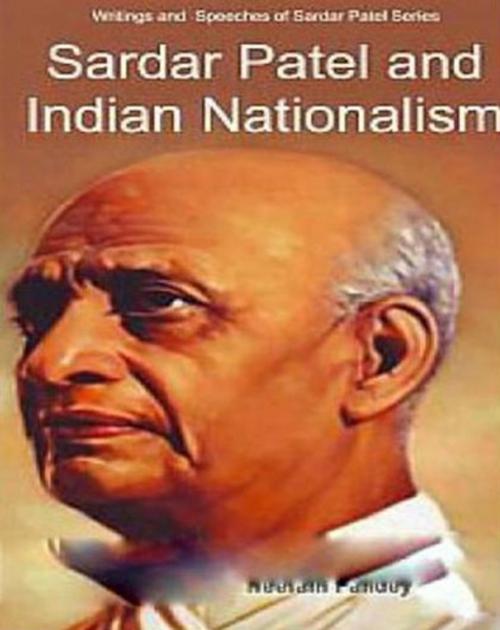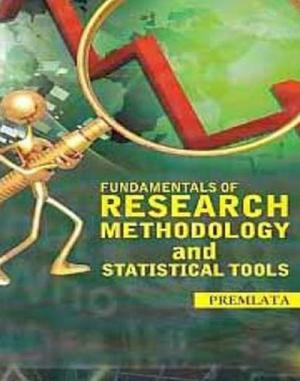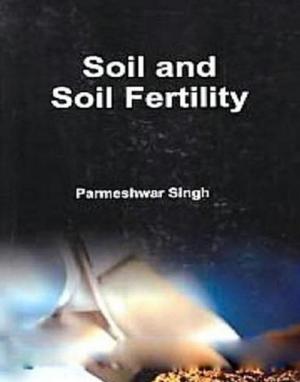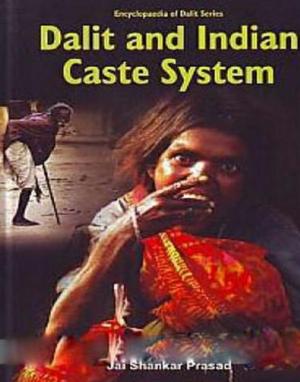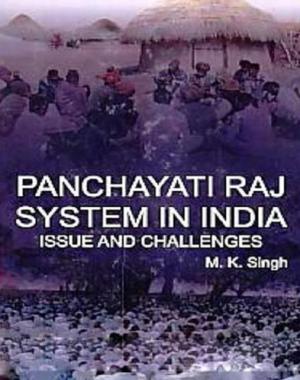| Author: | Neelam Pandey | ISBN: | 9789388034784 |
| Publisher: | Centrum Press | Publication: | June 30, 2017 |
| Imprint: | Centrum Press | Language: | English |
| Author: | Neelam Pandey |
| ISBN: | 9789388034784 |
| Publisher: | Centrum Press |
| Publication: | June 30, 2017 |
| Imprint: | Centrum Press |
| Language: | English |
One of the founding fathers of the Indian Republic, Sardar Vallabhbhai Jhaverbhai Patel was born on October 31, 1875. At the cusp of independence and just after it as the first union home minister, he played a vital role in integrating Indiain to a united country. He died on December 15, 1950. Patel, who was among the local leaders who joined Gandhi in the agitation, became the secretary of the Gujarat Sabha and volunteered to lead the Kheda farmers’ struggle, effectively marking the beginning of his participation in the country’s freedom struggle. Patel’s well-organised protest worked and the government agreed to the revenue demand. This enhanced his stature among Indian nationalists. With both India’s independence and Partition becoming inevitable in 1947, Patel went about the task of convincing the 565 princely states to join the Indian union. Patel was a determined nationalist, a key leader of the independence struggle, and a lieutenant of Mahatma Gandhi. In this valuable book the author the post-independence history and politics of Gujarat, one of India’s leading federal units and Sardar patel’s nationalism.
One of the founding fathers of the Indian Republic, Sardar Vallabhbhai Jhaverbhai Patel was born on October 31, 1875. At the cusp of independence and just after it as the first union home minister, he played a vital role in integrating Indiain to a united country. He died on December 15, 1950. Patel, who was among the local leaders who joined Gandhi in the agitation, became the secretary of the Gujarat Sabha and volunteered to lead the Kheda farmers’ struggle, effectively marking the beginning of his participation in the country’s freedom struggle. Patel’s well-organised protest worked and the government agreed to the revenue demand. This enhanced his stature among Indian nationalists. With both India’s independence and Partition becoming inevitable in 1947, Patel went about the task of convincing the 565 princely states to join the Indian union. Patel was a determined nationalist, a key leader of the independence struggle, and a lieutenant of Mahatma Gandhi. In this valuable book the author the post-independence history and politics of Gujarat, one of India’s leading federal units and Sardar patel’s nationalism.
